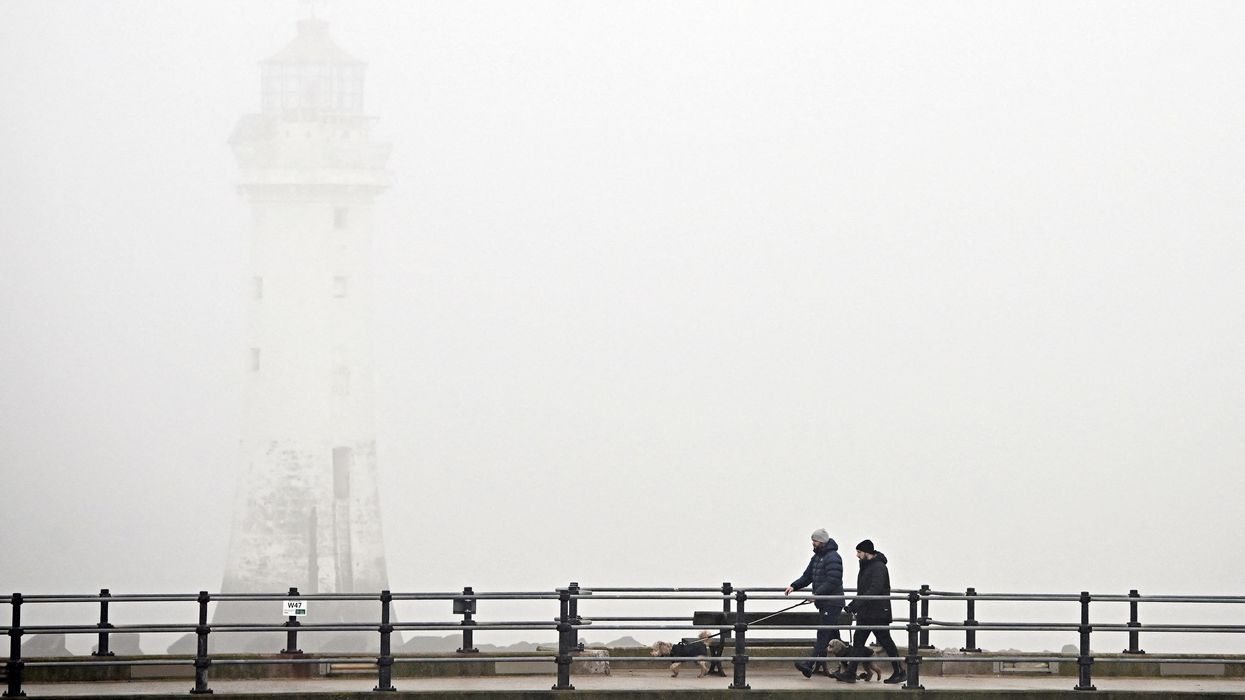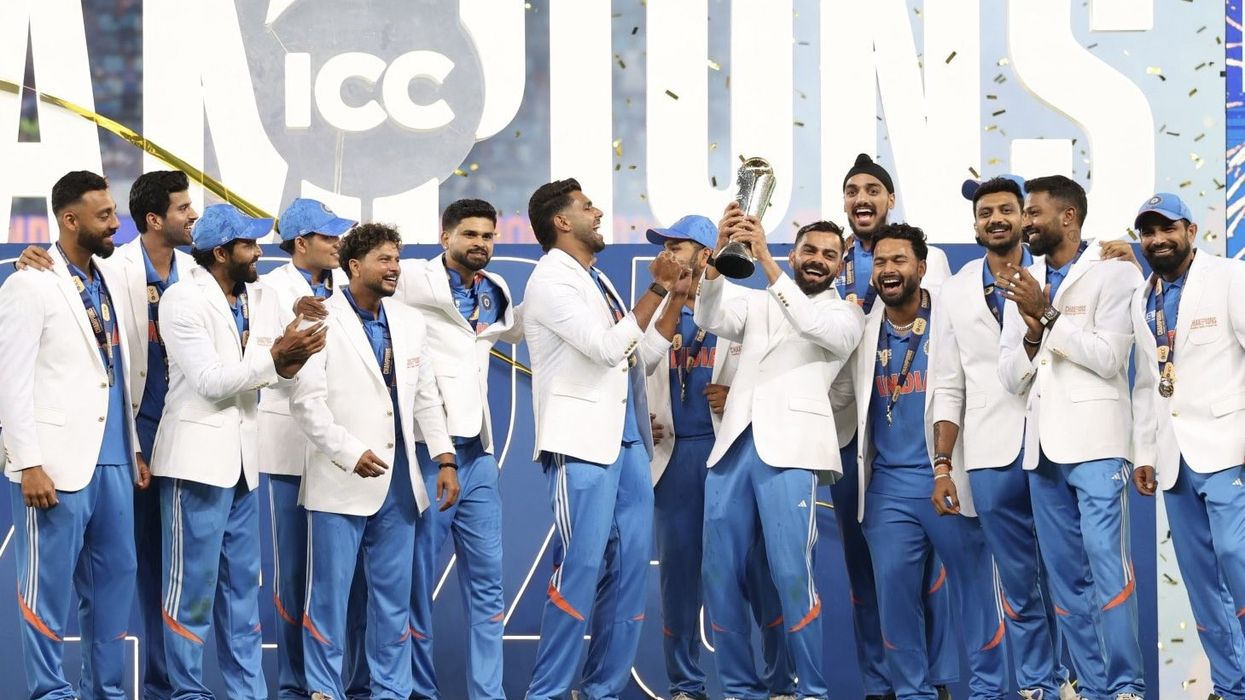THE YEAR 2024 brought significant political and economic developments for India and the United Kingdom, shaping the trajectory of their bilateral relations.
A key highlight was the decision to relaunch negotiations for a "mutually beneficial" Free Trade Agreement (FTA), a move that underscores the growing importance of trade between the two nations.
In July, Rishi Sunak called for an earlier-than-expected general election. This coincided with India’s National Democratic Alliance, led by prime minister Narendra Modi, securing a third consecutive term.
The decision to advance elections interrupted the 14th round of FTA negotiations, creating uncertainty. However, the Labour Party's victory in the elections brought a renewed commitment to strengthening ties.
"We agreed to raise the ambition of our UK-India comprehensive strategic partnership. Crucially, this work will start with trade and investment, and I am pleased to say that we agreed to relaunch Free Trade Agreement negotiations early in the new year," said Keir Starmer after meeting Modi at the G20 Summit in Brazil.
Trade between the two countries remains robust, valued at £42 billion annually, according to government data for the year ending June 2024.
Sunak’s resignation following the Conservative Party’s historic electoral defeat marked the end of his tenure. Reflecting on his leadership, he highlighted the unremarkable nature of his migrant roots in modern Britain, a sentiment resonating with the 1.8-million-strong Indian diaspora.
The Labour government, under Starmer, has introduced measures to address rising migration.
Immigration minister Seema Malhotra is tasked with reforming the visa and immigration system, which has seen stricter rules impacting Indian professionals and students.
These include higher salary thresholds and limits on accompanying spouses, leading to a decline in arrivals from India.
On the business front, 2024 witnessed significant developments, including Bharti Global’s investment in BT Group, hailed as a major milestone for bilateral ties.
Tata Steel’s transition to greener steelmaking at its Port Talbot facility further underscored Indian companies’ contributions to the UK economy.
Tributes poured in from Britain for industrialist Ratan Tata, who passed away in October, recognising his pivotal role in fostering India-UK business collaborations.
Cultural exchanges remained strong, highlighted by widespread Diwali celebrations in the UK. However, a controversy arose during Starmer’s Downing Street Diwali event, where meat and alcohol were served, prompting an apology to the Indian community.
As the year drew to a close, King Charles’s private wellness retreat in Bengaluru marked a symbolic nod to India-UK cultural ties.
Looking ahead, 2025 holds the promise of renewed trade negotiations, deeper bilateral ties, and new opportunities for collaboration on the global stage.
(With inputs from PTI)




















